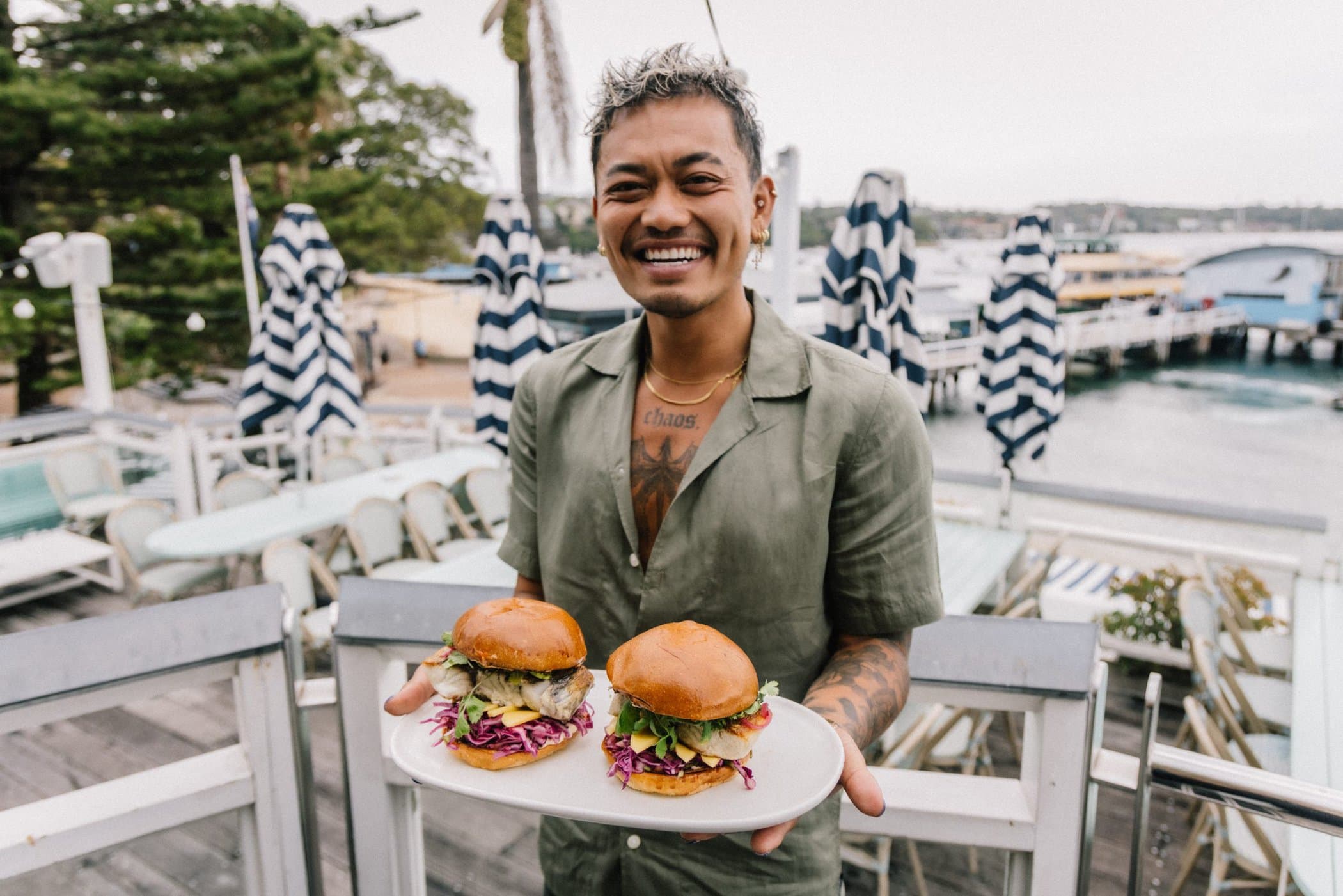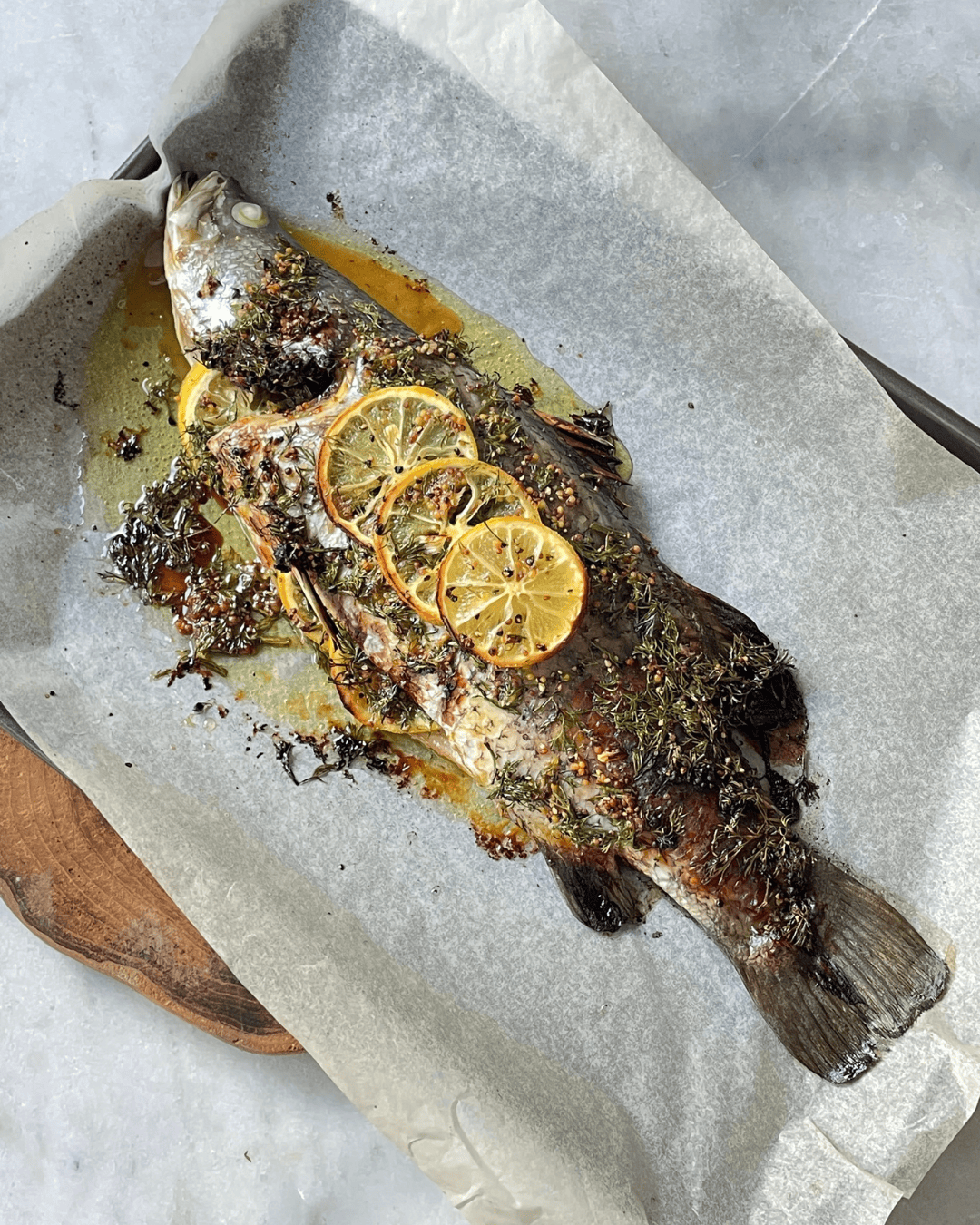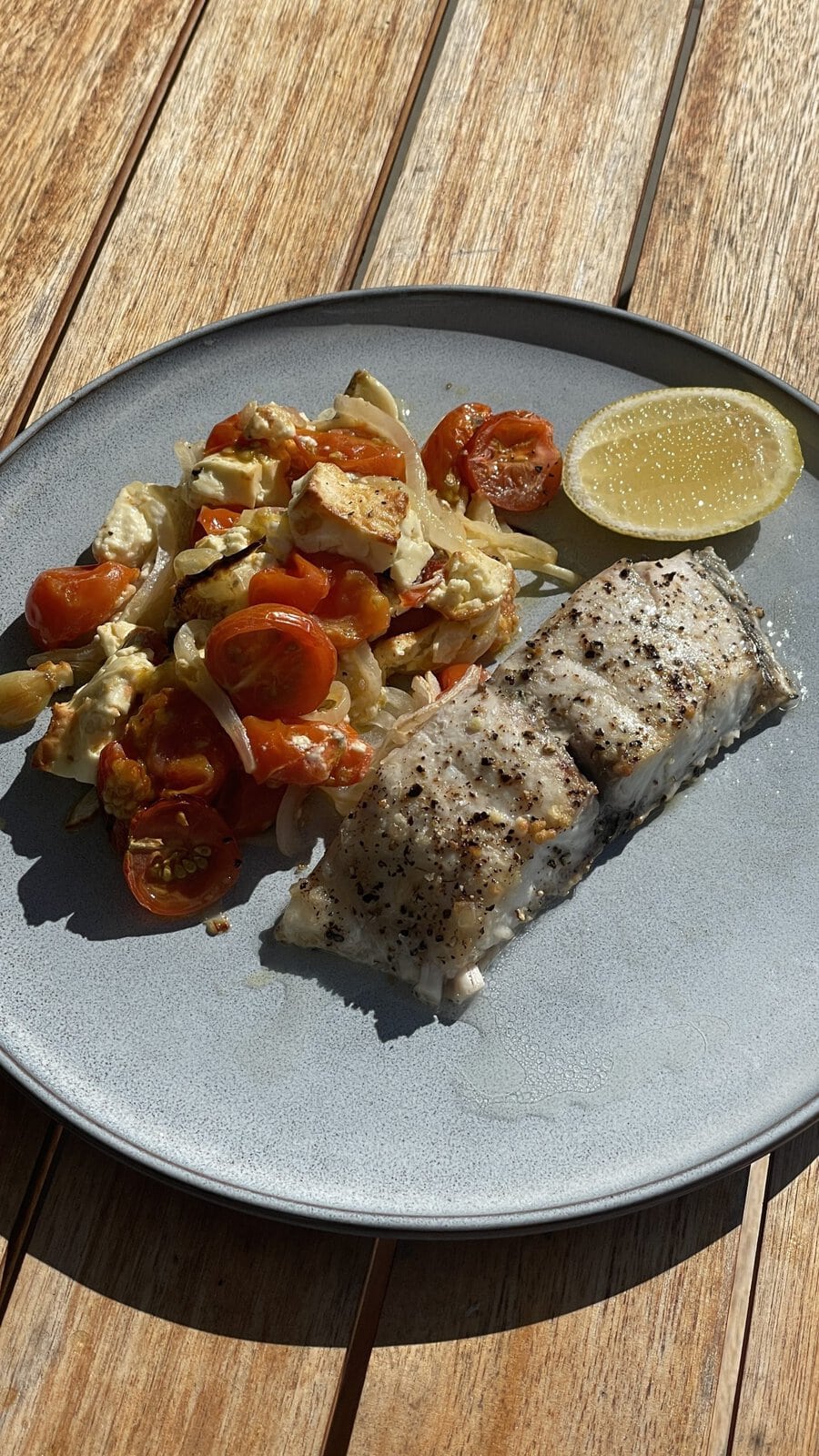Why Australia Needs Better Labelling of Seafood in Restaurants and Cafes
We are enormously supportive of the Albanese government’s support for the introduction of mandatory country of origin labelling for Australian seafood sold in food service outlets. This would not only be good for Australian farmers and fishers, but also for consumers who will have information to make informed decisions about where the seafood they eat comes from.
Australia produces a wonderful array of high-quality seafood, but the cost of production here is high compared to many imported seafood products – these include the high costs associated with meeting Australia’s high standards for food safety, environmental protection, and fair wages.
Much of the seafood imported into Australia is substantially cheaper and while we believe there is a place in the market for imported products, country of origin labelling will help protect consumers from misleading practices and build trust from producer to plate.
In the case of barramundi, with its Aboriginal name and iconic status, most Australians assume that it is Australian, but close to sixty percent of barramundi eaten in this country is imported. It is impossible for our fishers and farmers to compete on price. Our members strive to differentiate products on provenance values, quality, safety, and sustainability - yet one of our biggest challenges is the difficulty in differentiating our product from cheap imports at the point of sale, while consumers assume it is Australian.
Country of origin labelling – truth in labelling – needs to be extended to seafood in food service. While nearly all domestic consumption of other major food service proteins (such as beef, lamb, and chicken) is produced in Australia, close to seventy percent of the seafood eaten in this country is now imported – a stark and rapid change from just twenty-five years ago when almost all seafood consumed was produced locally.
A survey of consumers found that more than half of those asked assumed that the seafood they bought at a restaurant was Australian if the country of origin was not identified. Restaurant seafood is regarded by consumers as premium seafood and when diners are unaware that much of the seafood we eat is imported, they assume the seafood on the menu is Australian - or they assume that if it is more expensive it must be Australian. Diners expect, especially when eating out in a coastal location, that the seafood would be local, or at least Australian. Rather than displease consumers, imported seafood is unlabelled, unless it is in the interests of the venue to promote origin, for example in the case of Alaskan King Crab. Inappropriate pricing hurts consumers and Australian producers.
While supermarkets and other retail outlets are required to inform shoppers if their seafood is imported or Australian, when you order barramundi - or any seafood - in a restaurant or a fish and chip shop, there is no obligation to tell you where that fish is from. We believe that exemption is wrong.
Consumers want information on country of origin no matter where they purchase their seafood. Research conducted by the Commonwealth Department of Industry, Innovation and Science in 2015 found that being able to identify country of origin was either “important” or “very important” to 74% of consumers surveyed. Diners can’t buy Australian seafood if they cannot tell where it’s from and asking food service staff for information on origin has been proven to be ineffective. On average, 67% of staff were unable to provide credible information regarding the origin of the seafood being sold.
While we work in partnership with other sectors and government toward a simple framework that mandates transparency for consumers, you can do your bit to promote change and show you care by asking where your seafood comes from - no matter where you buy it. Of course, your first choice will be to ask for Aussie barra!
Sources:
- Colmar Brunton, Country of origin food labelling: research report 2015, Department of Industry and Science
- CRC 2015/702: A Final Seafood Omnibus: Evaluating changes in Consumer attitudes and behaviours
- Review of Food Labelling Law and Policy
- Seafood Industry Australia research Market Research, University of the Sunshine Coast, Australian Barramundi Farmers’ Association 2019





